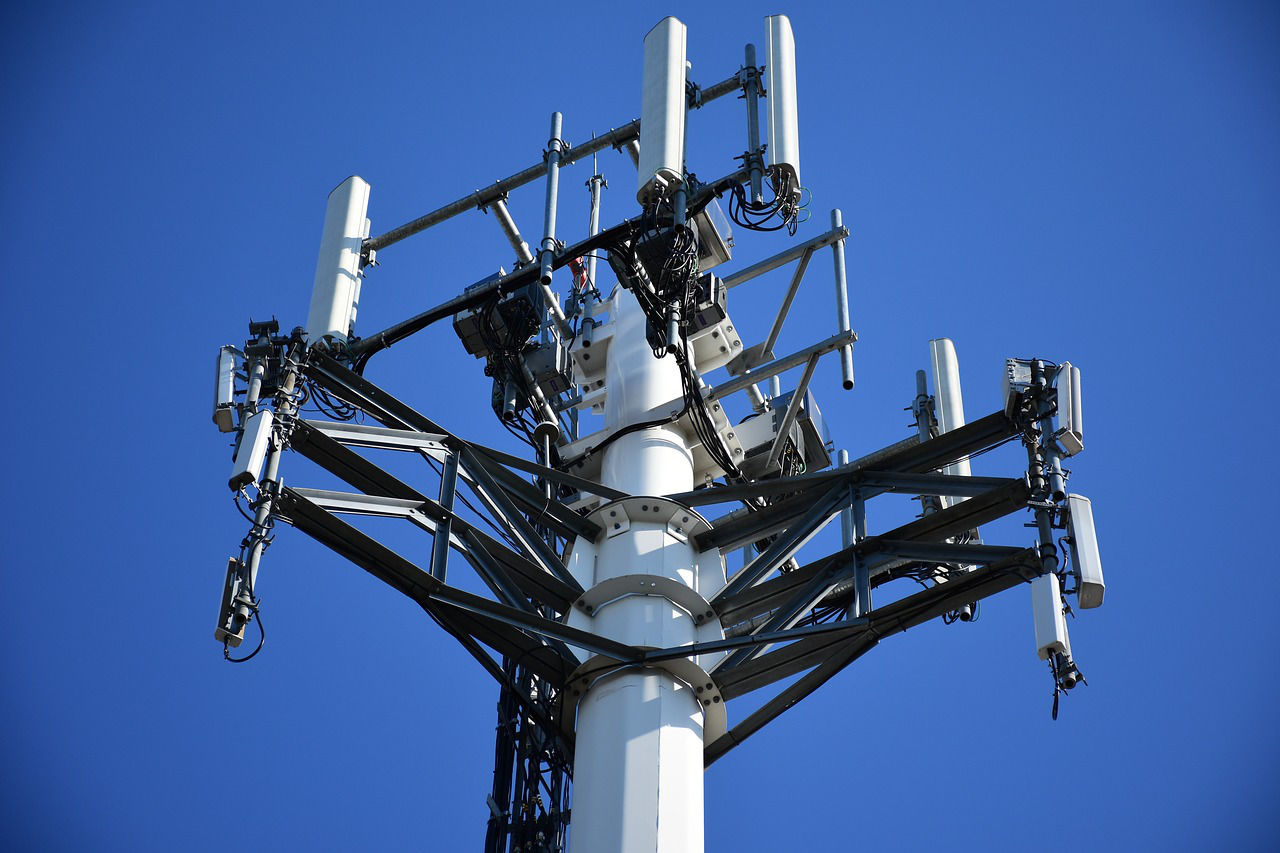Despite being one of the first countries to roll out 5G, AFP is reporting that Switzerland is experiencing significant backlash to the new technology.
5G, or fifth-generation wireless, is the next evolution of wireless technology, promising faster speeds, more connected devices and lower latency. Standards bodies are aiming for an average of 20Gbps, rather than Mbps, and 1ms latency instead of 50ms and higher.
This improved speed, however, comes with a significant downside. Mobile operators use relatively low-frequency radio waves, below 6 GHz, for current cell phones. These radio waves measure tens of centimeters in length. Unfortunately, these are the same frequency mobile operators have been using for decades. As the demand for data and high-speed access has increased, not to mention the sheer number of mobile users, the amount of available bandwidth has come under strain, resulting in poor performance.
5G, on the other hand, uses millimeter waves. These radio frequencies are much higher, between 30 and 300 GHz, and measure 1 to 10 millimeters in length. Because these frequencies have never been used for mobile phones, there is a huge, untapped amount of spectrum available. This will ease network congestion and help deliver performance never before seen.
Unfortunately, millimeter waves have a big disadvantage when compared with lower frequencies. Specifically, millimeter waves cannot travel through buildings and other obstacles nearly as well, meaning mobile operators must have far more cell towers and sites to achieve the same coverage. One example is small cells, portable cell base stations that are placed roughly 250 meters apart.
While small cells and similar solutions will overcome the technical issues surrounding 5G rollout, it does raise another concern. There is already worry that constant exposure to cell phone radio waves contributes to cancer. Now, with the limitations of 5G, the amount of exposure is set to increase dramatically as carriers blanket towns and cities with small cells to provide coverage.
Those concerns have led Swiss citizens, experts and even the Swiss Federation of Doctors to pressure the government to rethink its approach to 5G. As a result of the pressure, a number of cantons—there are 26 Swiss cantons or states comprising Switzerland—have called for a halt of further 5G deployment.
“I think we have most citizens on our side,” Coco Tache-Berther, of the organisation Fequencia, told AFP, saying Switzerland’s rapid roll-out of 5G was “ultra-shocking”.
Mobile operators around the world will no doubt be watching to see what precedent is set in Switzerland.




 WebProNews is an iEntry Publication
WebProNews is an iEntry Publication